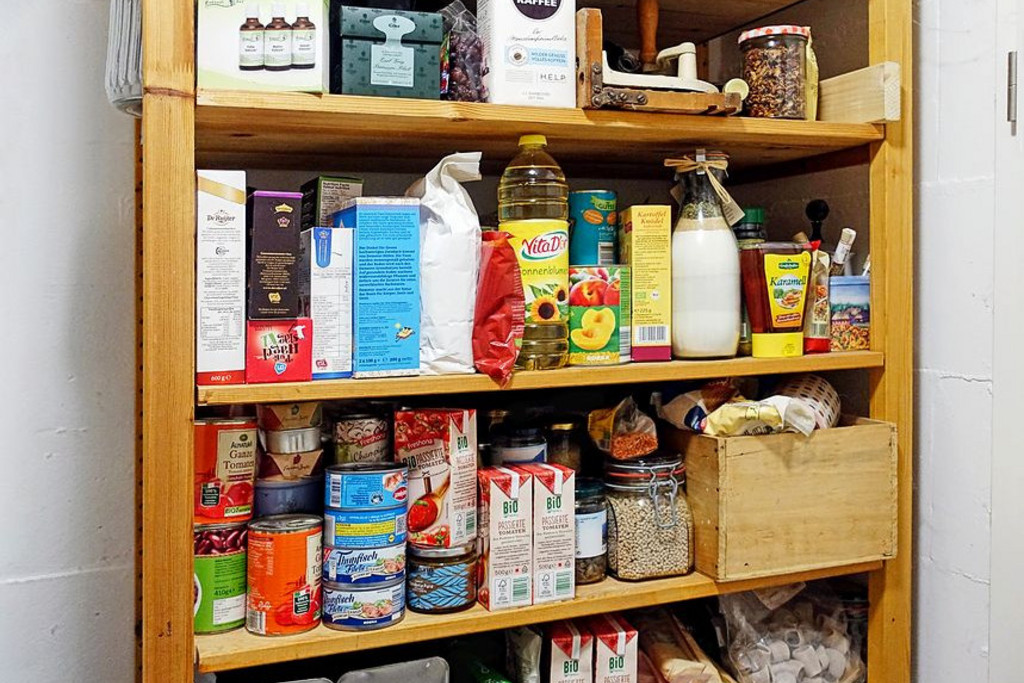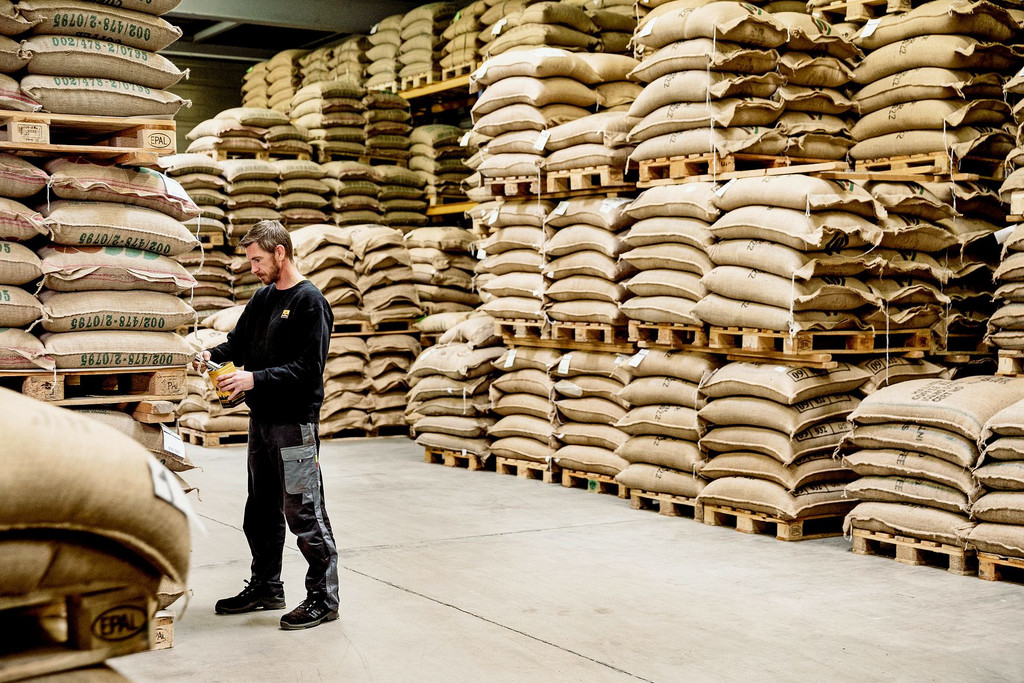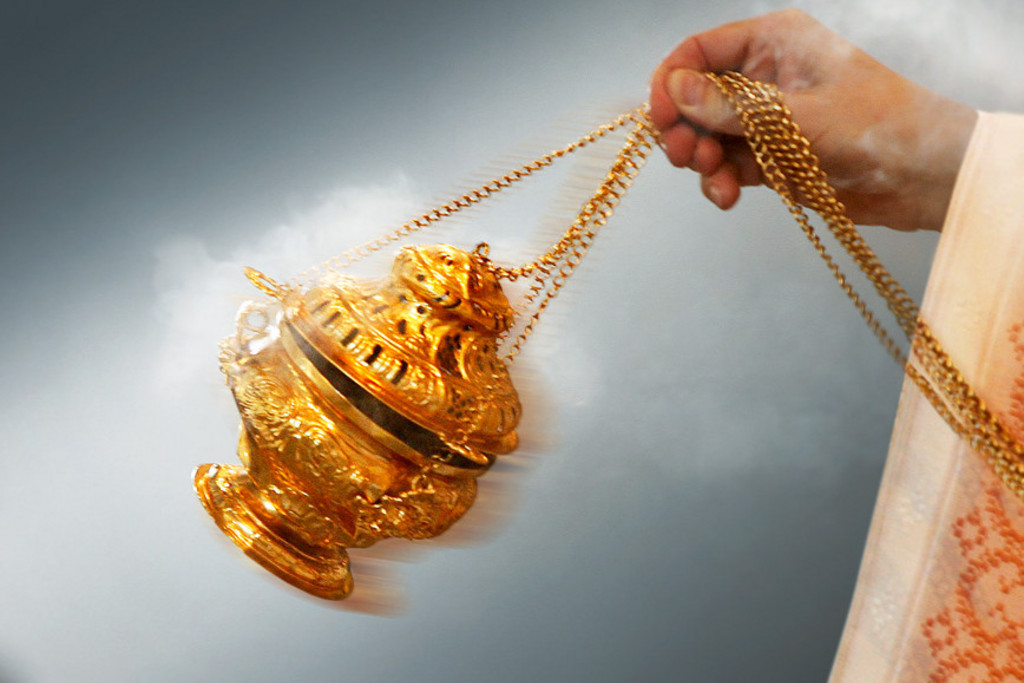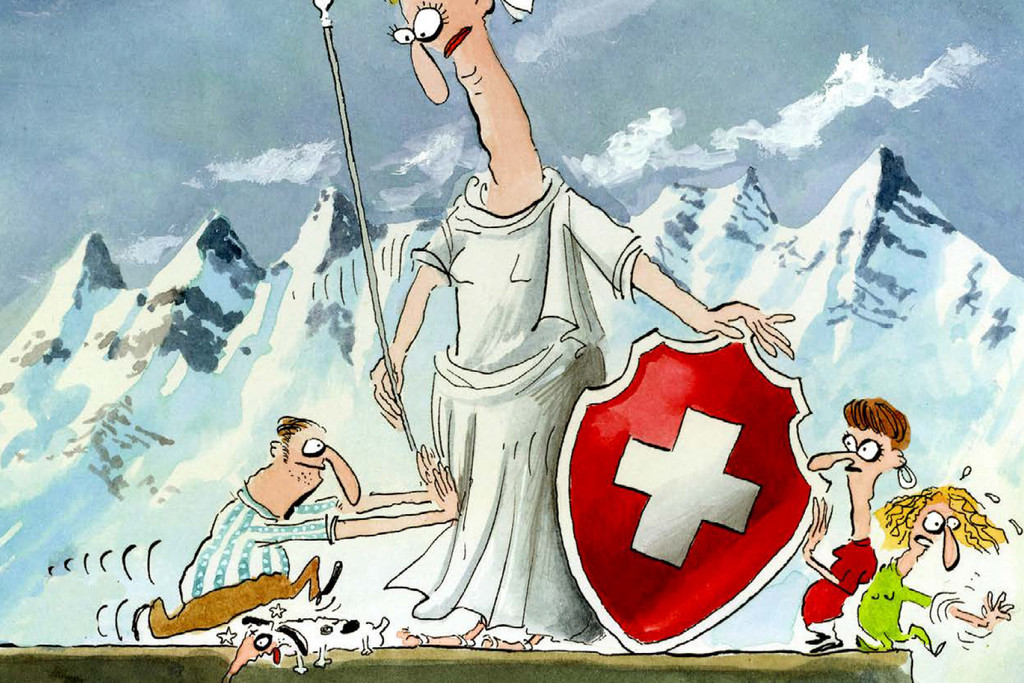A professor at the Swiss Finance Institute and at HEC Lausanne, Philippe Bacchetta looks at the National Bank’s strategy and underlines the Swiss franc’s high exposure on the world financial markets.
Swiss Review: Does the SNB’s approach differ from that of other national banks?
Philippe Bacchetta: The mechanism deployed by our bank is the same as elsewhere, but Switzerland differs from other countries because it is a small nation that is highly exposed to the pressures of the international markets. The SNB is therefore a small bank faced with major forces, in contrast to Denmark, for example, which is a small country but less exposed.
What part does the Swiss franc play in this international exposure?
Foreign investors include assets denominated in Swiss francs in their portfolios. They buy shares in Swiss industry or bonds issued by the Confederation. They deposit funds in the Swiss financial system, which moves some of them abroad. Switzerland’s wealth – its pension funds and multinationals – is in turn a source of international investment. That’s what creates this exposure.
How does the SNB create money?
Let us take the recent example of the purchase of currency (editor’s note: this was the key element of the minimum rate policy). The SNB buys bonds and shares denominated in euros from a Swiss bank. By doing so, the SNB pays these amounts to the bank, which increases the money supply or, to be more precise, the monetary base. The banks therefore have an account with the SNB and this represents most of the monetary base. This capital receives very low interest rates – in fact they are currently negative – but the banks do not have anywhere else to put it.
But the SNB also buys shares, in US companies, for example?
Yes, it does. It sells euros to buy dollars, which it invests in shares. In order to remain neutral in its selections, the SNB makes acquisitions based on the market index. If, for example, the New York stock market index indicates a 2 % rate for Apple shares, it invests 2 % in them. However some prices, in particular those of companies involved in weaponry, are excluded from such purchases.
The SNB’s task is to restrict inflation and to ensure price stability. Has this objective been achieved?
Strictly speaking, not entirely as there was negative inflation caused by the abandonment of the minimum rate (editor’s note: companies have reduced their prices to remain competitive). The SNB is therefore faced with twin pressures. It should be noted that there was a period of negative inflation, but not deflation, which is associated with recession.
The SNB abandoned the minimum rate in January 2015. Was it forced to do so?
This step was inevitable. Buying something at a price above its value – namely, euros at CHF 1.20 instead of CHF 1.09 as at present – is not good. At the rate this foreign currency buying was taking place, we would have found ourselves today with assets far in excess of Switzerland’s gross domestic product, which would have created an increasingly dangerous situation (editor’s note: in the event of a fall in the price of the euro).
Was the introduction of this policy in 2011 essentially a good idea?
The question I ask is why introduce it in the knowledge that an impasse would result.
Interview by Stéphane Herzog











Comments
Comments :
Ihre rhetorische Frage lässt sich doch ganz einfach, wie folgt beantworten. Da wurde eine Enscheidung getroffen, bei dieser, weder der realen Dimmension noch dem historischen Kontext,1515 Marignano, berücksichtig wurden.
So einfach ist das